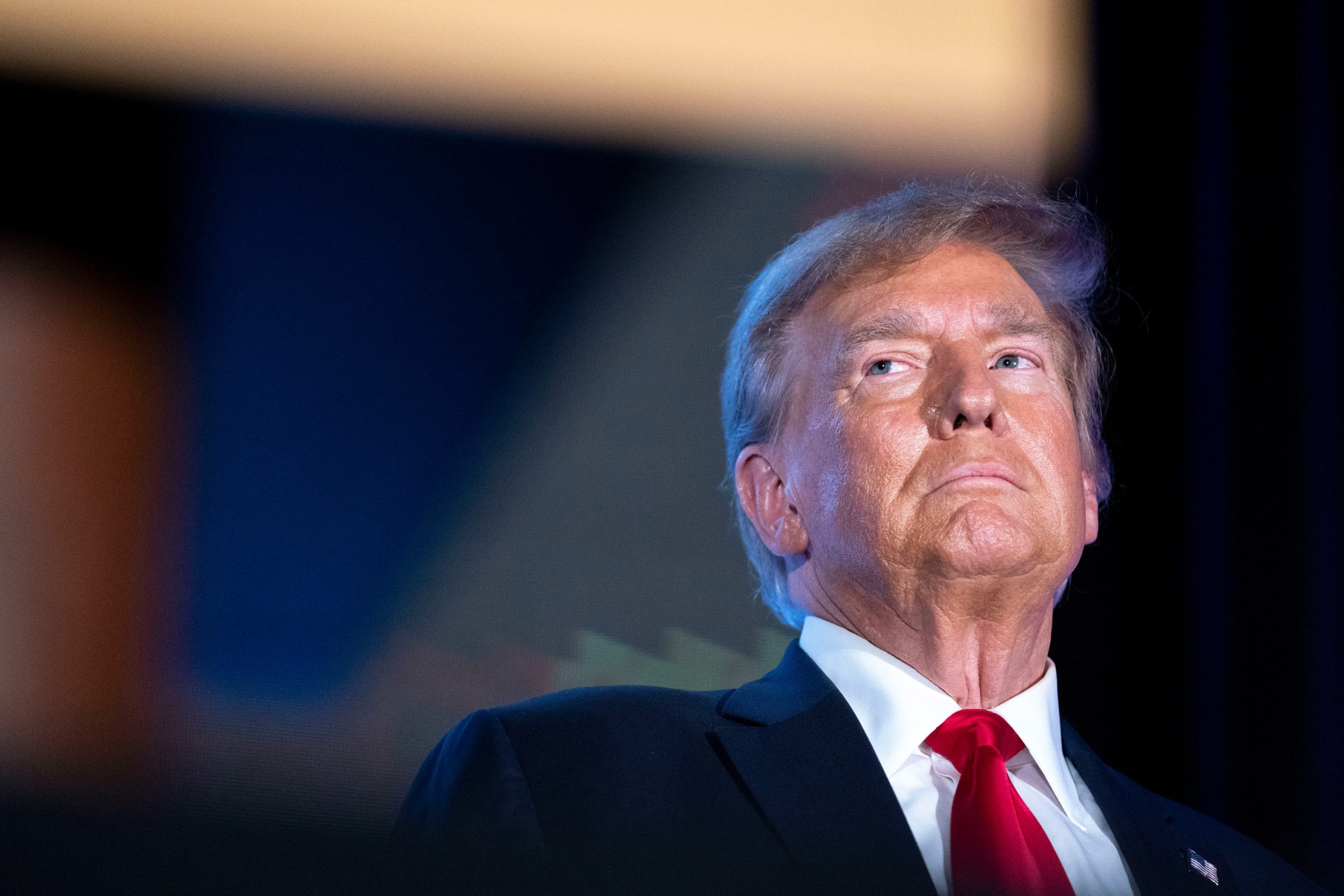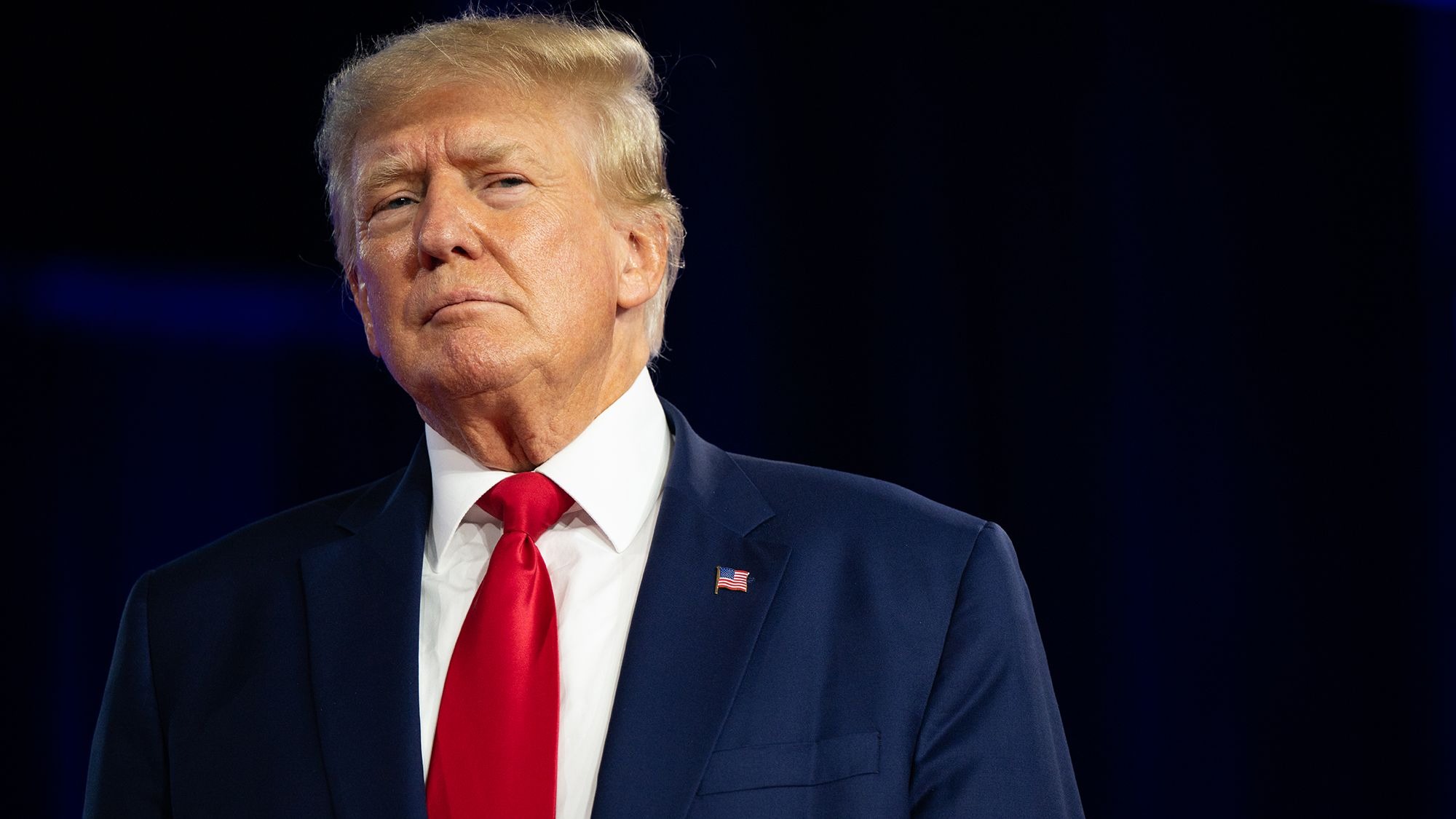After listening to the oral argument in the Donald Trump immunity case, it is clear what the Supreme Court should decide: namely, as little as possible. The court should keep it simple, treat the case as an easy “non-official” electioneering case, and avoid making a definitive ruling on presidential immunity.
The more the Supreme Court decides, the greater the chance it will disrupt the balance of power among the branches and torque current understandings unpredictably.
Better for the court to decide narrowly that: (1) there is no absolute criminal immunity for presidents; (2) a president who uses any means to overturn an election is engaging in personal, political electioneering; and (3) future presidents’ immunity will be determined based on specific circumstances and constitutional values.

No one claims that electioneering is entitled to immunity. The district court can decide at trial whether Trump continued his campaign by engaging in election-subverting conduct. Until Trump, no president believed they were above the criminal law. Presidents cooperated with criminal investigations, and invoking presidential immunity was off the table.
The Supreme Court should not engage in minute parsing of hypothetical circumstances that might warrant presidential immunity. By not attempting to answer this question broadly, the court will neither chill nor embolden future presidents. Would-be presidents will continue to assume they are not above the criminal law and could answer for egregious acts in a criminal court after leaving office.

The Supreme Court can avoid changing settled understandings by resolving the proceeding narrowly. It can do so by conceiving the dispute as a case concerning the legality of a candidate’s election-related practices. Attempting to subvert an election is logically on a continuum of campaigning and contesting results. In a nutshell, subversion is electioneering taken to its criminal extreme.
The challenge of distinguishing official versus unofficial acts is a red herring. Trump was an office seeker seeking to remain in office by any means. He tried to win the election by persuading voters, and when that didn’t work, he tried politics by other means – subverting the electoral process. The Supreme Court should avoid chasing down platonic ideals for what is an immunity-worthy “official act.”


